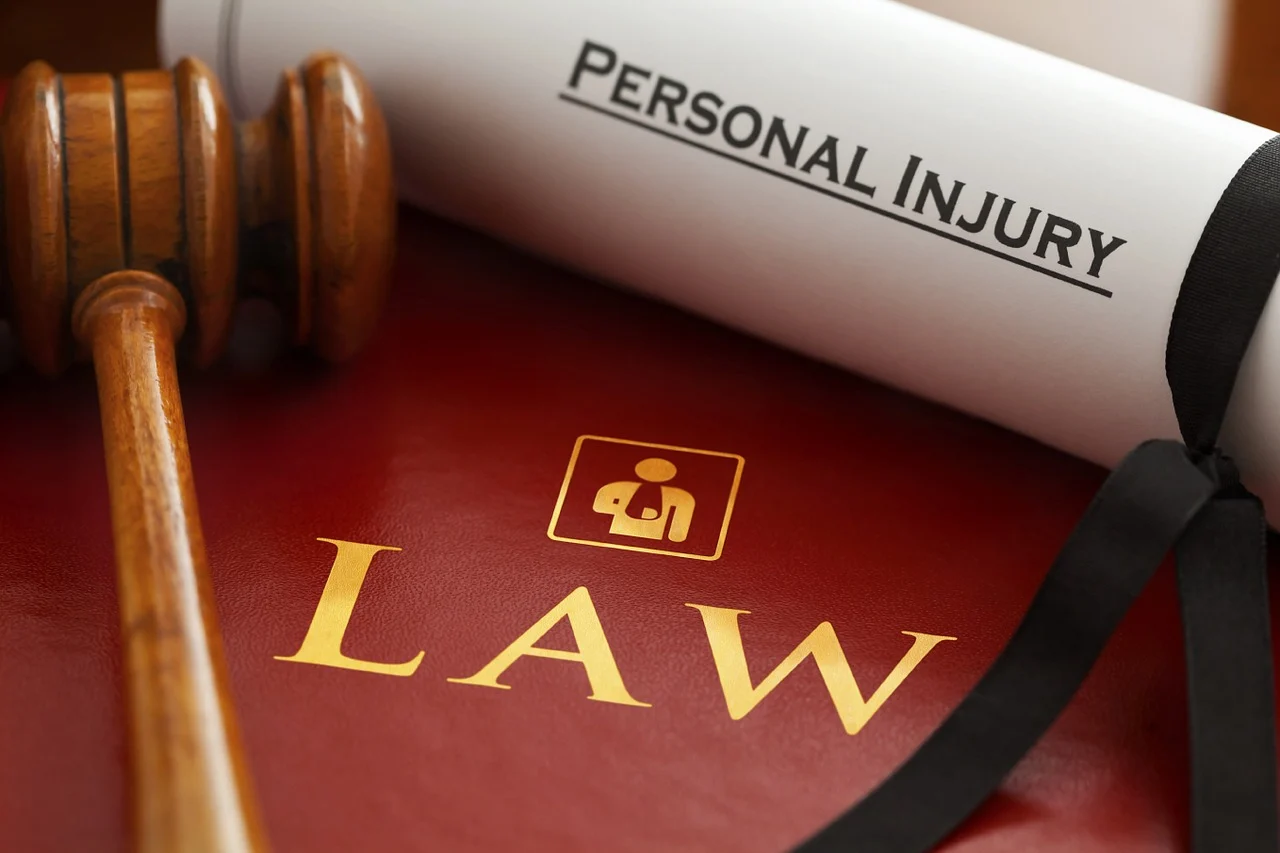Brain injuries are, unavoidably, life-changing events. Severe injuries can amount from the most innocuous of places, with the simple act of falling running the risk of causing a traumatic injury. According to head injury charity Headway, around 350,000 people are admitted to hospital with an acquired brain injury each year. A small fraction of these injuries has an unlikely cause, though: the medical professionals or practices themselves. How is this the case, and how might a patient seek legal recourse?

Medical Negligence and Injury
Medical negligence can occur in a number of different ways, with an extremely wide variety of potential damages or complications resulting from them. The most common forms of negligence typically relate to primary care or GP practices. These might look like:
- misdiagnosis, wherein a GP fails to recognise the particulars of a disease or condition, or
- misprescription, wherein a GP negligently prescribes the wrong medication, the wrong dosage of a medication or a medication to which the patient is allergic.
However, negligence extends across the totality of medical practice, with surgical errors – from misplaced incisions to foreign objects left in the body – and negligent ward care being stand-out examples.
Brain injuries, as mentioned above, are thankfully rare outcomes from negligent practice. However, they do happen and are a powerful worst-case scenario through which to understand the process of negligence and civil action. Brain injuries could be caused from a negative or anaphylactic reaction to a medication, mistakes made in neurosurgery, mistakes made with anaesthetics and even negligent maternity care.
Seeking Legal Routes
Though rare, brain injury negligence is a serious corner of legal practice and action. Patients unfortunate enough to suffer a brain injury as a result of negligent care often have an extremely strong case for compensation via a civil legal claim, but also have to engage with that process to its fullest to receive said compensation.
Any legal claim process begins with a letter before action, and brain injury negligence claims are no different. A specialist solicitor would evaluate the veracity of the claim, before drafting a letter to both a specific NHS trust and the NHS Litigation Authority. The NHS must acknowledge this claim and any suggestions of settlement within 14 days, and respond either to settle or to litigate the situation. If a settlement is not reached, the case may go to court.
The Road to Recovery
The legal process is only one part of a much larger, non-linear journey towards recovery. Many injuries and conditions caused through negligence – not just those that affect the brain – have lifelong impacts for the victim, and can see a multi-stage process of recovery and rehabilitation. Achieving success and justice via the civil claims route can ensure vital funds to enable that recovery process properly, but can also be a severe physical and mental drain from those same processes.
Returning to brain injury negligence as a key example, recovery is a complex string of rehabilitation sessions and therapy, as the victim comes to terms with their new limitations and the scope of their recovery journey. Devoting time and energy to a legal battle can be a necessity, but one with its own costs. Still, there is life after injury – and even the most egregious cases of negligence are by no means a life sentence.
